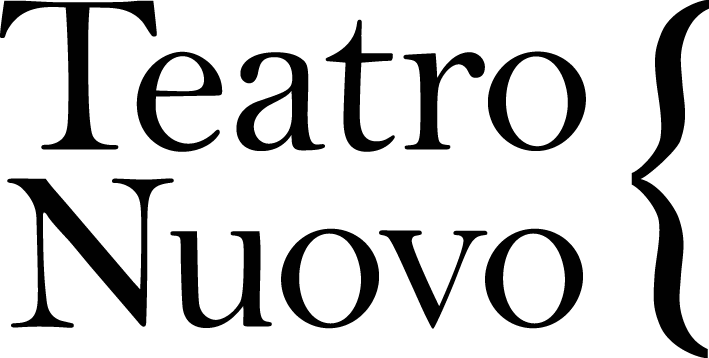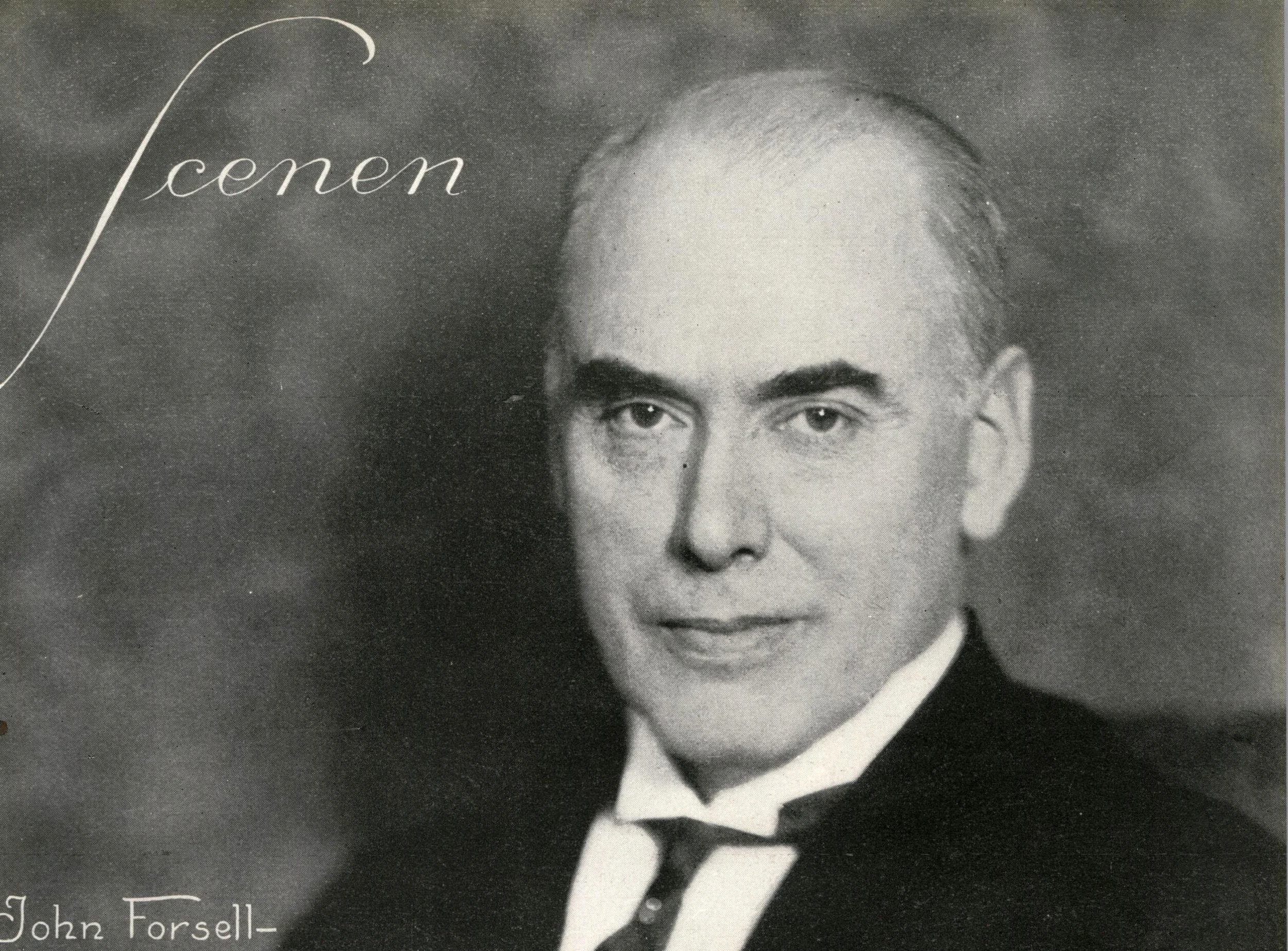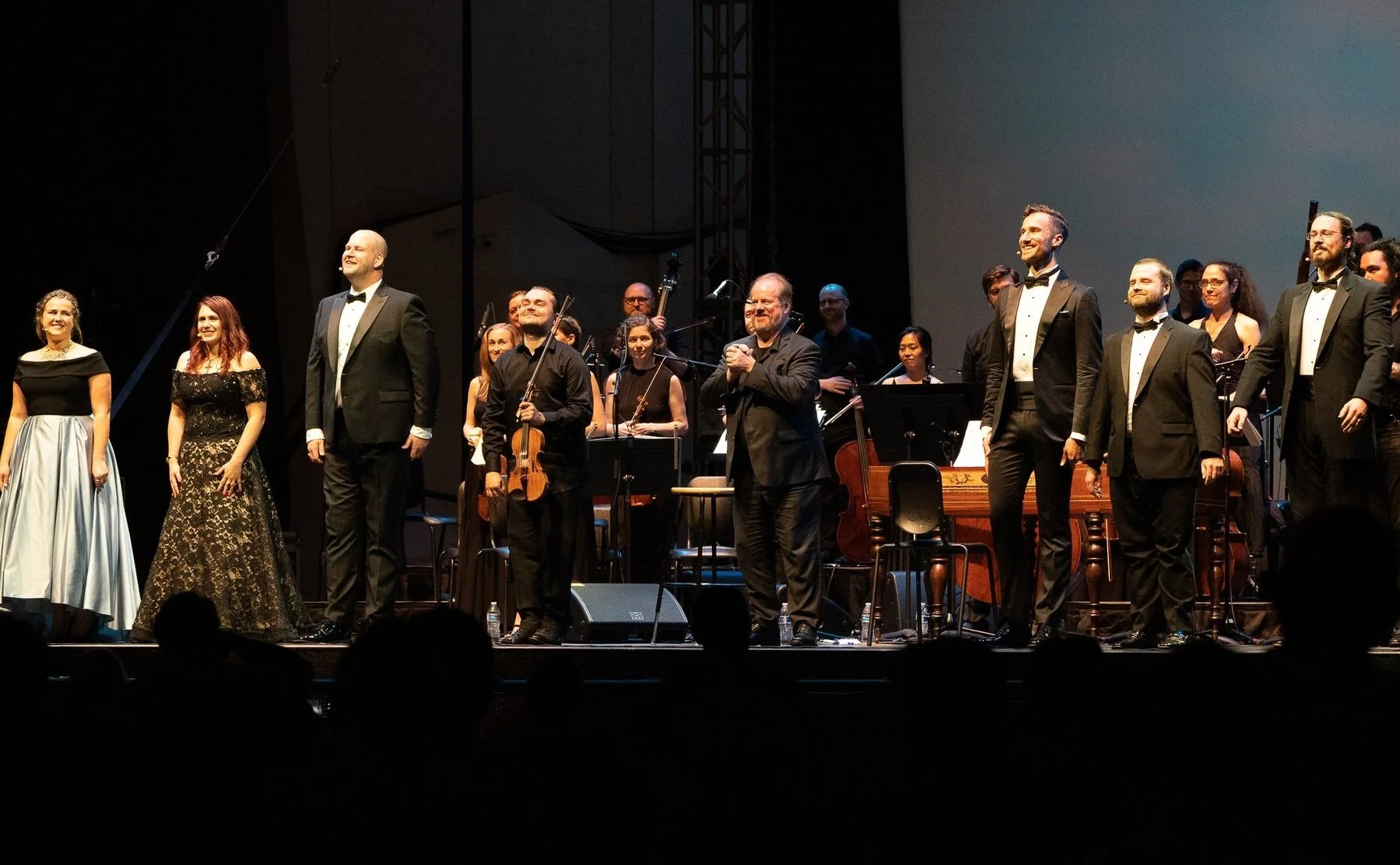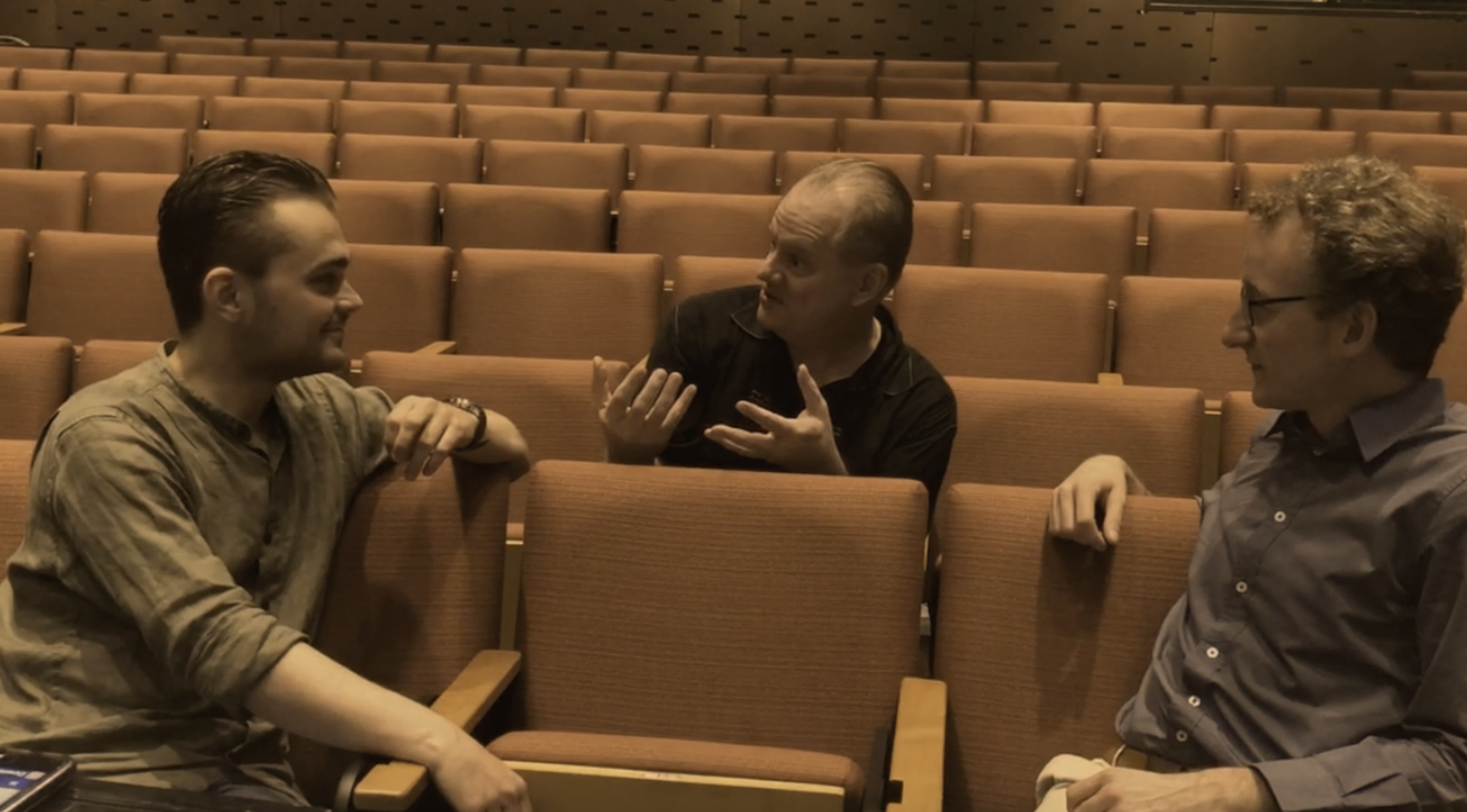Teatro Nuovo Vocal Program:
Our Goals in Brief
The purpose of our training program can be summed up in a sentence: We seek to focus your attention on a small group of core bel canto skills, to help you assess your current level in each, and to define the ways you can work to raise that level. Everything we have to teach about musical style and performance practice is addressed in the context of these core skills, which form the building blocks of the Italian vocal tradition.
Lucy Tucker Yates leading the Poliuto libretto read
These are skills you already know about, and have some capability with. Our premise is that, as an already-developed singer who has begun or is about to begin professional work, you can benefit from going “back to basics” – a period of fresh concentration on the core skills, which you will now be able to address with a higher level of understanding than you could have had when you began vocal study.
The skills are interrelated and overlapping, but for the purpose of description we break them down into the following, with a nutshell description of each:
Legato – the basic matter of getting from one note to another in a “bound” or connected fashion, and the further considerations that arise when vocalization is combined with text
Onset and release – the ability to begin and end any note, whether on a vowel or a consonant, on the desired pitch at the desired dynamic, without unintended vocal events or extraneous pitches
Dynamics – the ability to sing both piano and forte with consistent quality throughout your range, and to execute the classic messa di voce exercise that both builds and demonstrates this ability
Registration – command of the vocal qualities traditionally referred to as “head voice” and “chest voice,” and secure, efficient transition between them
Agility – the execution of florid figures at the greatest velocity your voice can attain while maintaining clarity, legato and sonority
Trill – the ability to sustain steady, clear, full-voiced execution of an essential ornament that requires separate study because it calls on a vocal function distinct from ordinary agility
To these six areas of concentration we add three more that are not strictly vocal skills, but are intimately linked to the tradition those skills support.
Page from an 18th-century vocal instruction book by Anna Maria Pellegrini Celoni
Comprehension and delivery of Italian. Here our focus is on advancing your ability in three areas: competence with the rudiments of Italian grammar; understanding the literary Italian found in operatic librettos; and the declamation of Italian poetry, which forms the basis for the textual side of your musical delivery.
Understanding the musical language of bel canto. By this we mean studying the forms in which Italian operas were composed, the basic interaction of melody and harmony on which the entire vocabulary of ornamentation depends, and the various ways in which the traditions of Italian music-making can diverge from what might be called a “literal” reading of notes and rhythms.
Exploring the history of your art. Opera developed before amplification existed. Then, the only way to use the human voice for public purposes was to develop its natural, organic resonance. Now, that is a niche activity maintained exclusively in the world of “classical” music. We all have a lot to learn from the singers who never heard a microphone voice – singers who lived more than a century ago and made primitive records. It takes some effort to hear through the primitive sound quality, but the rewards are great both practically and artistically.
Obviously enough, it’s impossible to have a comprehensive course in all these things while preparing concerts and operas during a six-week program. Our goal is to provide each of you with a clear road-map, some tools for self-assessment, and some practical working principles that you can integrate into ongoing study with your various teachers and colleagues. The idea is not just that you should finish our program with a better level of bel canto ability than you had at the beginning, but that you should go on raising that level throughout your singing lives.





![Image 2 - Henry T. [Harry] Burleigh - Detroit Public Library.jpeg](https://images.squarespace-cdn.com/content/v1/596bb4e703596e837b624445/1591713684327-N7HW488JSZ7EN8T5AJSR/Image+2+-+Henry+T.+%5BHarry%5D+Burleigh+-+Detroit+Public+Library.jpeg)

































